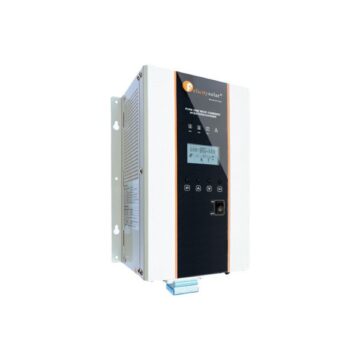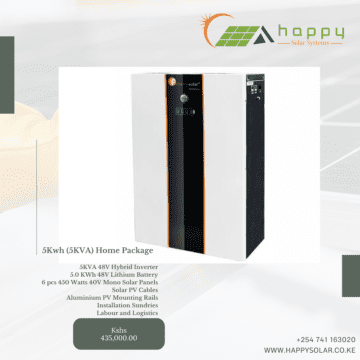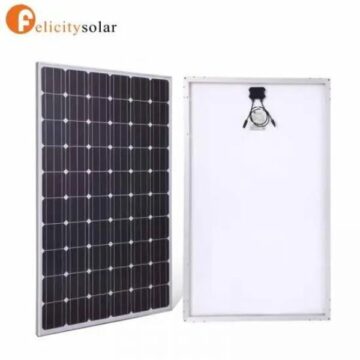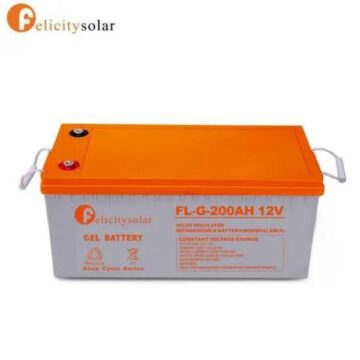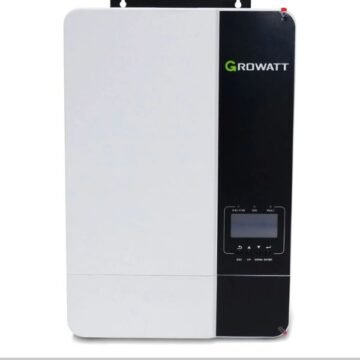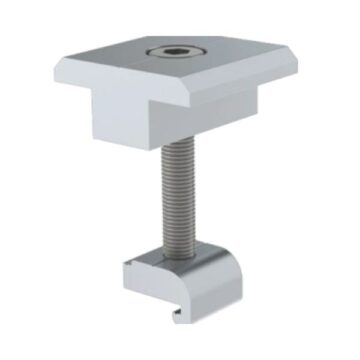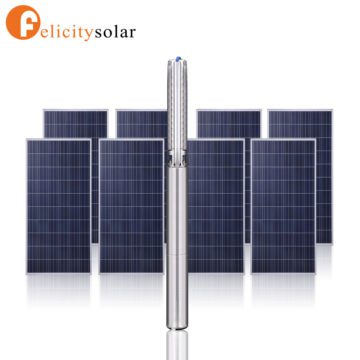Solar panels have emerged as a driving factor in the country’s drive toward energy independence and sustainability. The relevance, benefits, limitations, and promising applications of solar panels in Kenya are discussed in this blog entry. Happy Solar Systems is at the forefront of realizing this dream for most Kenyan homes.
To order quality and affordable solar panels: Call/Text/WhatsApp: 0741 163020 Email: info@happysolar.co.ke
What are solar panels and how are they used in solar power systems?
Solar panels, also known as photovoltaic panels, use the photovoltaic effect to turn sunlight into electricity. This renewable energy source has become a beacon of hope in Kenya’s attempt to meet rising energy demands while lowering the country’s carbon footprint.

Advantages and Benefits of Using Solar Panels in Kenya
Abundant Solar Resource: Kenya has an outstanding solar resource, with plenty of sunlight all year, making solar panels a great alternative for energy generation.
Environmentally friendly: Solar panels generate clean electricity without generating greenhouse gases or other pollutants, aiding Kenya’s efforts to tackle climate change.
Energy Independence: By utilizing solar electricity, Kenya can lessen its reliance on imported fossil fuels and achieve greater energy security.
Low Operating and Maintenance Expenses: Once installed, solar panels offer low operating and maintenance expenses, providing cost-effective electricity during their extended lifespan.
Solar panels have a wide range of applications, from residential residences and commercial structures to rural electrification projects and off-grid solutions.
Challenges and solutions
While the cost of solar panels has fallen over the years, the initial expenditure might still be a barrier. Solar energy is becoming more affordable to Kenyan individuals and companies, thanks to a variety of financing alternatives and government incentives.
Storage and grid integration: The generation of solar energy is intermittent, dependent on the availability of sunshine. Energy storage technology advancements and grid integration tactics are assisting in overcoming this difficulty.
Maintenance and Skills: It is critical to ensure proper maintenance and technical competence for solar panel installations in order to maximize their efficiency and lifespan. Individuals are being trained in the abilities required for this expanding profession through training programs.
How solar panels are used in Kenya
Residential Solar Power: Solar panels enable homeowners to create electricity, cut energy bills, and help to clean up the environment.
Rural Electrification: Solar panels provide reliable and sustainable electricity in remote places without grid connection, increasing living circumstances and educational opportunities.
Solar panels provide an environmentally responsible and cost-effective energy alternative for enterprises in the commercial and industrial sectors, from powering factories to commercial buildings.
Solar panels power irrigation systems, water pumps, and agribusiness operations, increasing agricultural productivity.
Solar panels are being integrated into schools and institutions to teach students about renewable energy while also providing reliable power for instructional activities.
Summary
Solar panels serve as a beacon of hope in Kenya’s goal of a better, cleaner, and more wealthy future. As the sun rises over the vast landscapes, solar panels silently gather its energy, lighting up homes, schools, and businesses. Kenya’s embrace of solar energy demonstrates its commitment to sustainability, energy independence, and a higher quality of life for its population. Kenya is harnessing the power of the sun through solar panels while also paving the way toward a more bright and sustainable future.

